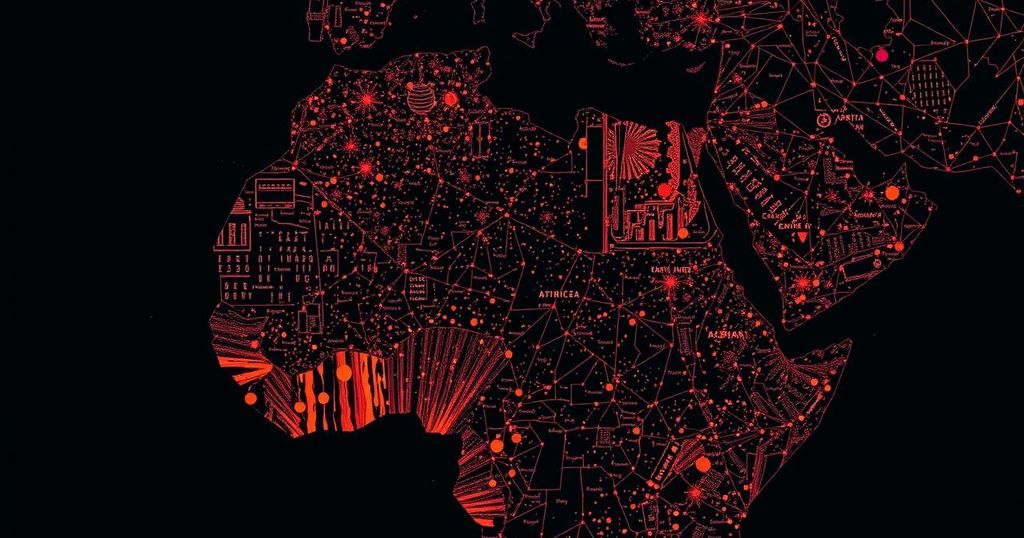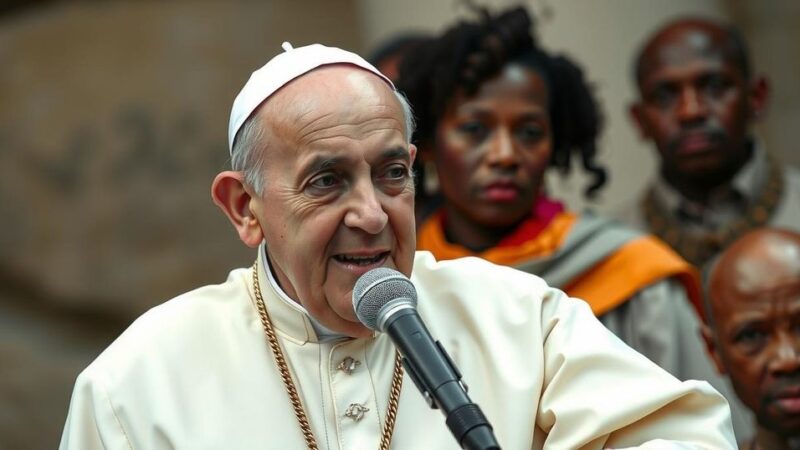McKinsey & Company Africa will pay nearly $123 million to resolve charges related to bribing South African officials for consulting contracts. The case involves serious allegations of corruption related to Transnet and Eskom, with a former partner pleading guilty to conspiracy under the Foreign Corrupt Practices Act. The settlement highlights ongoing issues of corporate misconduct in South Africa’s state-owned enterprises.
McKinsey & Company Africa has reached an agreement to disburse approximately $123 million to settle allegations concerning bribery directed at South African officials in connection with lucrative consulting contracts. The settlement, announced by the United States Department of Justice, follows a prolonged investigation indicating that the company’s subsidiary engaged in corrupt practices involving officials from Transnet Ltd. and Eskom Holdings Ltd., both state-owned enterprises in South Africa. Furthermore, Vikas Sagar, a former senior partner at McKinsey Africa, has entered a guilty plea for conspiracy to violate the Foreign Corrupt Practices Act.
Between 2012 and 2016, McKinsey Africa allegedly acquired sensitive information regarding consulting opportunities from Transnet and Eskom. The firm proceeded to submit proposals with the awareness that affiliated South African consulting entities would divert portions of their fees into bribes for the officials at both companies. Ultimately, it has been reported that this bribery scheme generated profits of approximately $85 million for McKinsey Africa and its parent company.
The backdrop to these events includes significant corruption scandals during Jacob Zuma’s presidency in South Africa, particularly related to Eskom, which is a major electricity provider in the country and has historically faced challenges tied to fraudulent contracts and bribery allegations.
This case stems from a broader concern regarding corporate misconduct and the violation of anti-corruption laws in various jurisdictions. The U.S. government’s investigations into foreign bribery serve as a reminder to multinational corporations of the stringent regulations they are obligated to follow, specifically the Foreign Corrupt Practices Act. In South Africa, particularly during the Zuma administration, systemic corruption was rampant, leading to widespread public outcry and efforts for reform within both governmental agencies and corporate structures.
In conclusion, the settlement reached by McKinsey Africa entails a significant financial penalty aimed at redressing the serious allegations of bribery associated with South African state officials. The company’s involvement reflects ongoing concerns regarding corporate governance and the enforcement of anti-corruption measures within international business practices. The repercussions of this case underscore the necessity for transparency and ethical conduct in consulting agreements.
Original Source: www.barrons.com







